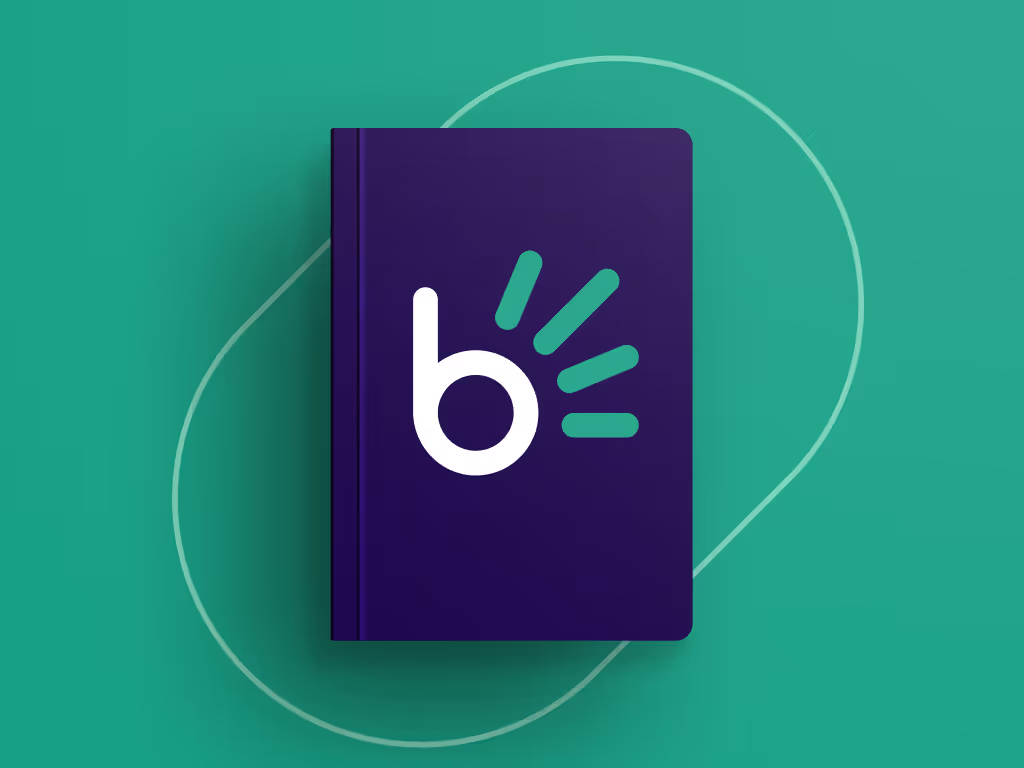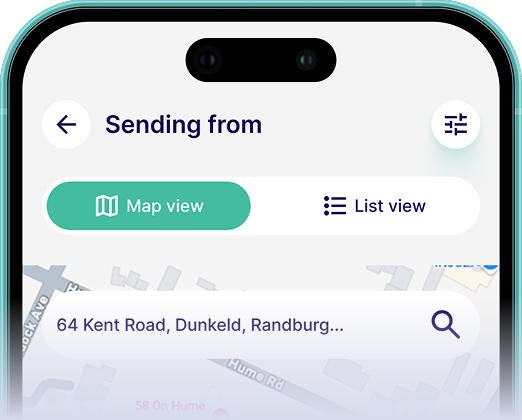News & resources
Keep up with the latest from Bob Go — discover shipping insights, platform updates, and ecommerce tips to help you deliver smarter and grow your business.

Latest post
November 18, 2025
The peak season for online sellers – which begins with Black Friday and Cyber Monday and continues through Christmas and the New Year is a great opportunity, but it comes with challenges. Customers still expect fast deliveries, but you could find yourself dealing with much higher volumes of orders than usual. Without proper preparation, your business could struggle to keep up. Here are our 10 top tips to help you plan, reduce stress and keep your customers happy during peak season.
Resources
Brand assets
Download official logos, imagery, and guidelines for Bob Go, so your content stays consistent and on-brand.

Bob Go
For couriers and businesses looking to promote their affiliation with, or use of Bob Go.

Ready to ship smarter?
Join thousands of South African businesses simplifying their deliveries with Bob Go.

Download our app to ship your parcel
No queues, no stress. Just seamless shipping - right from your phone.



